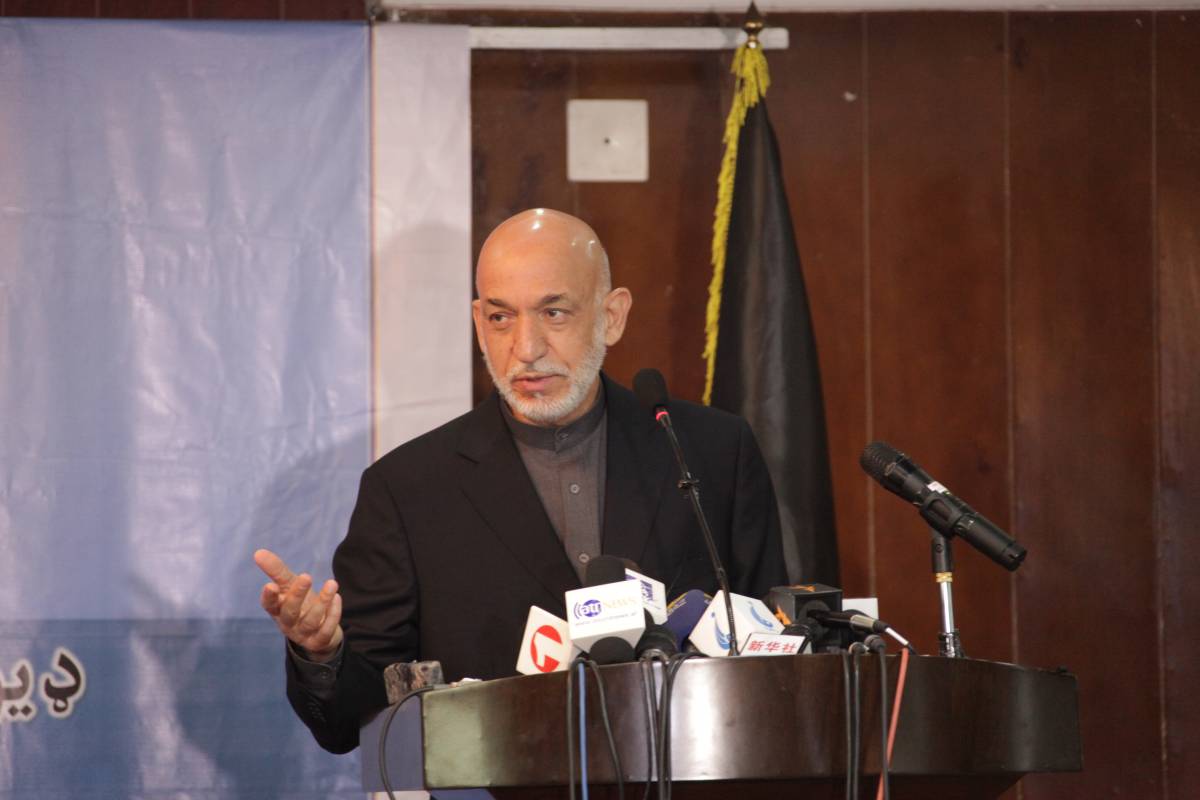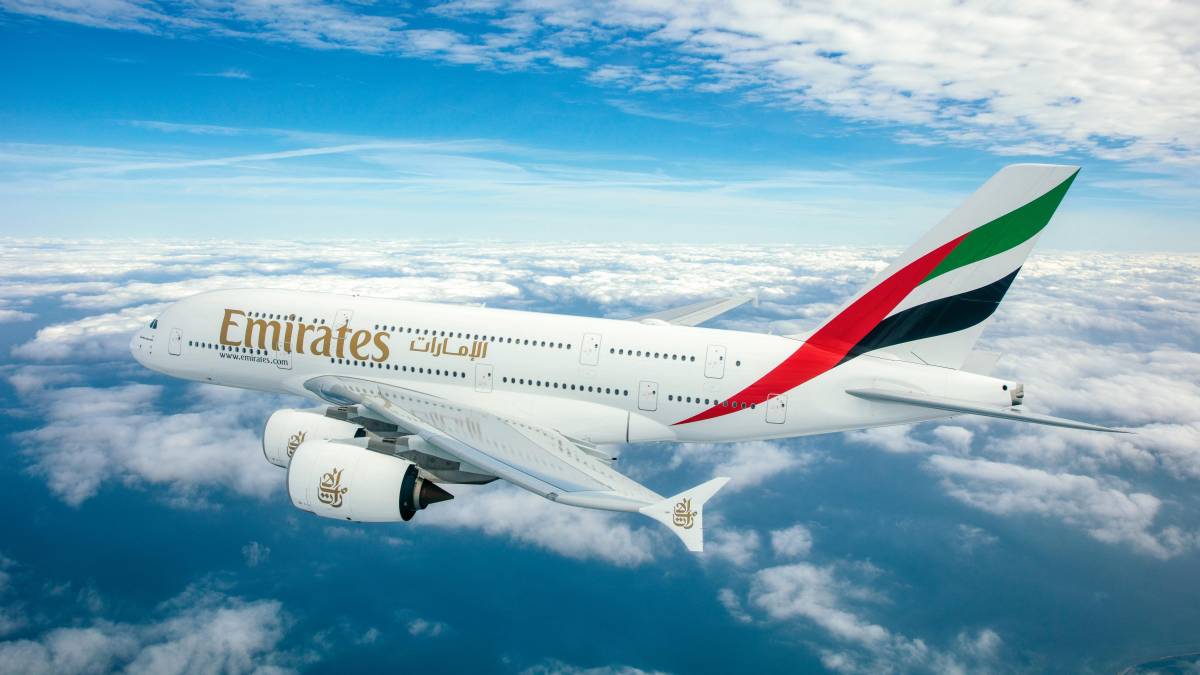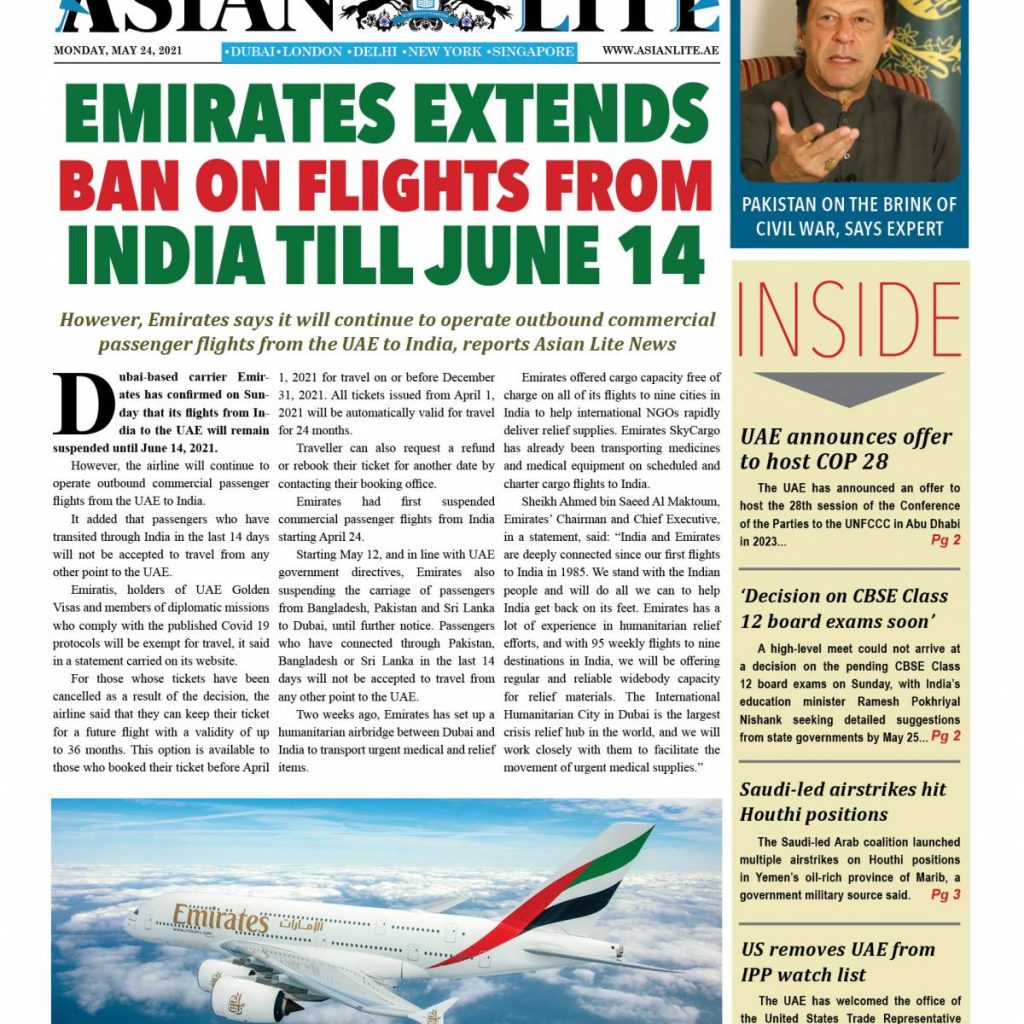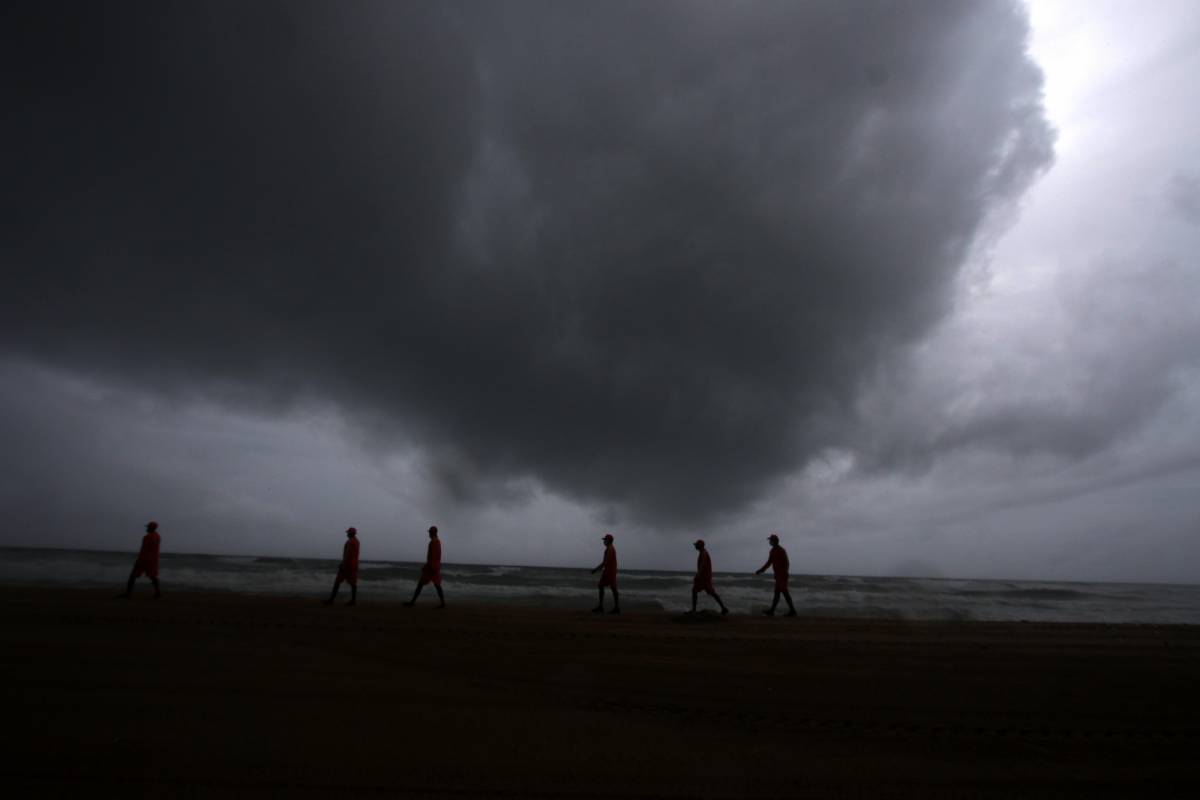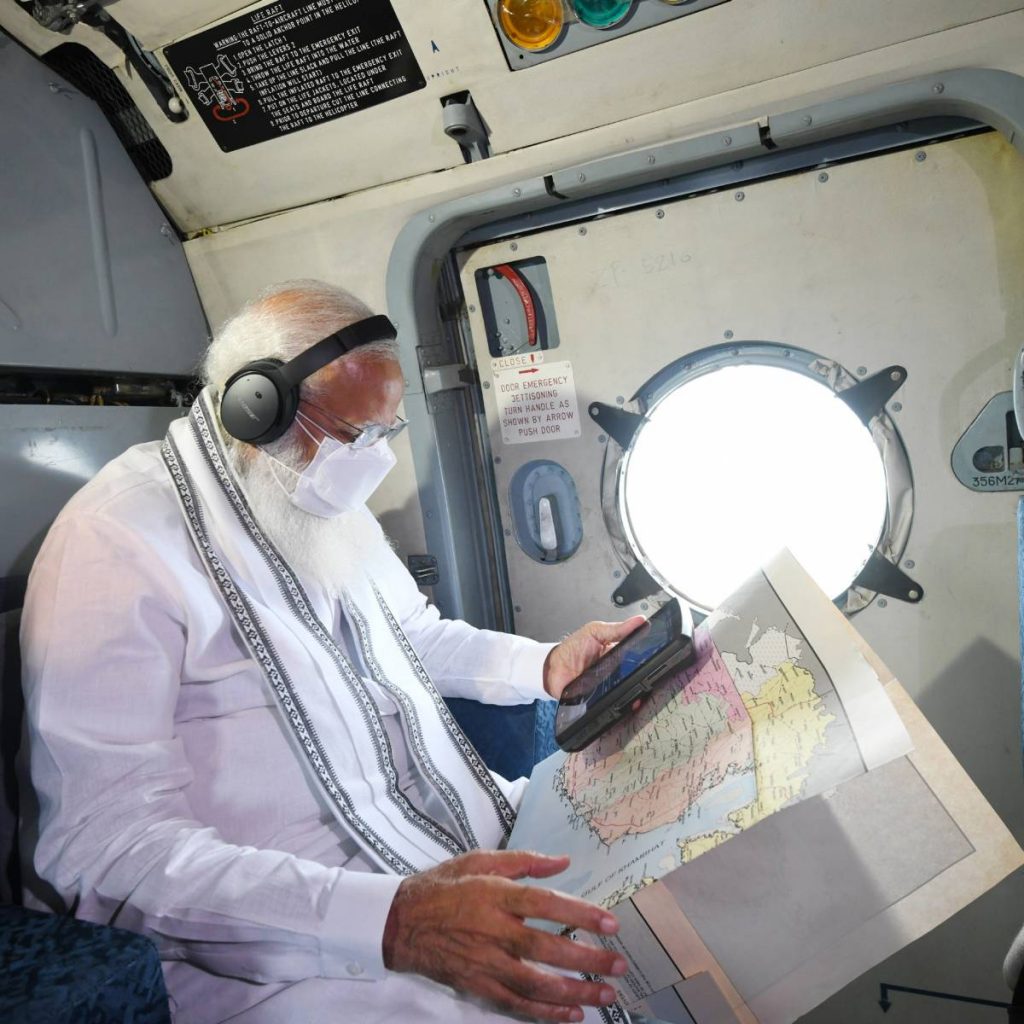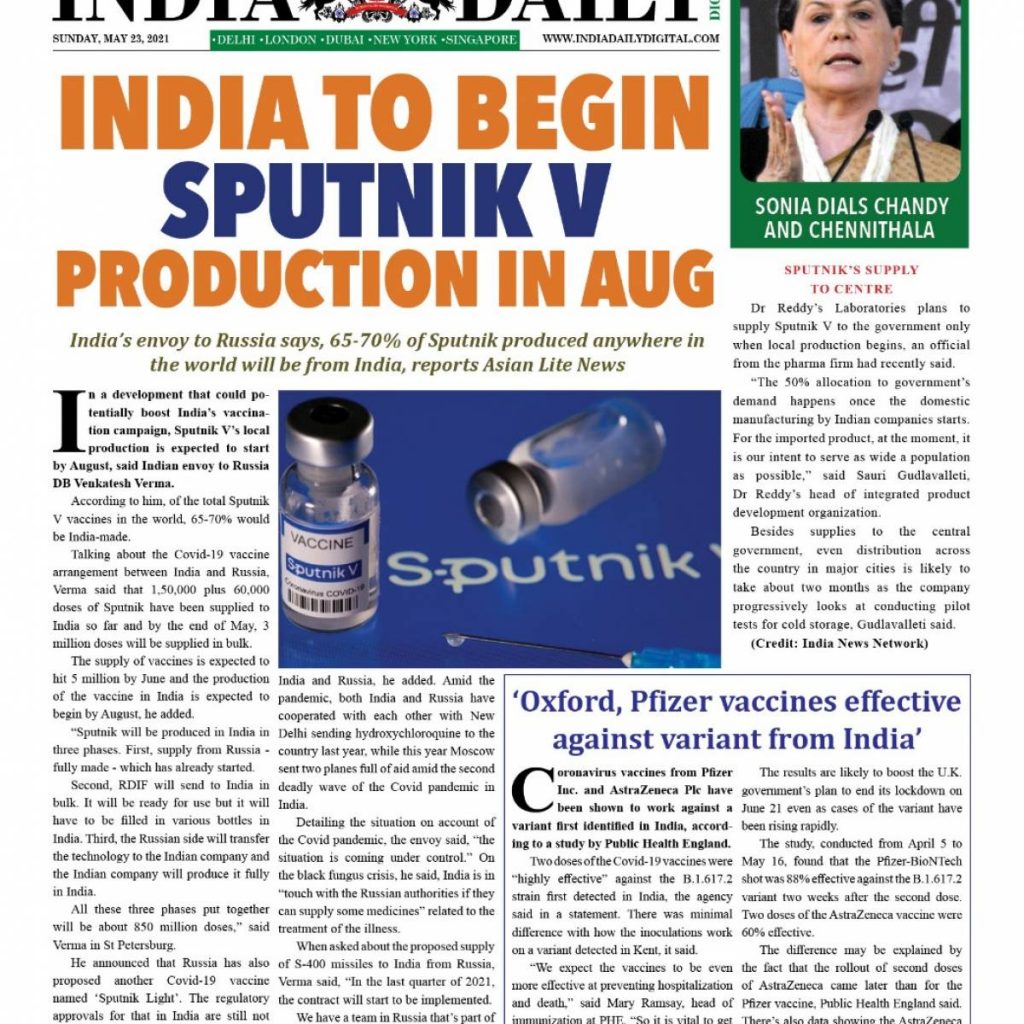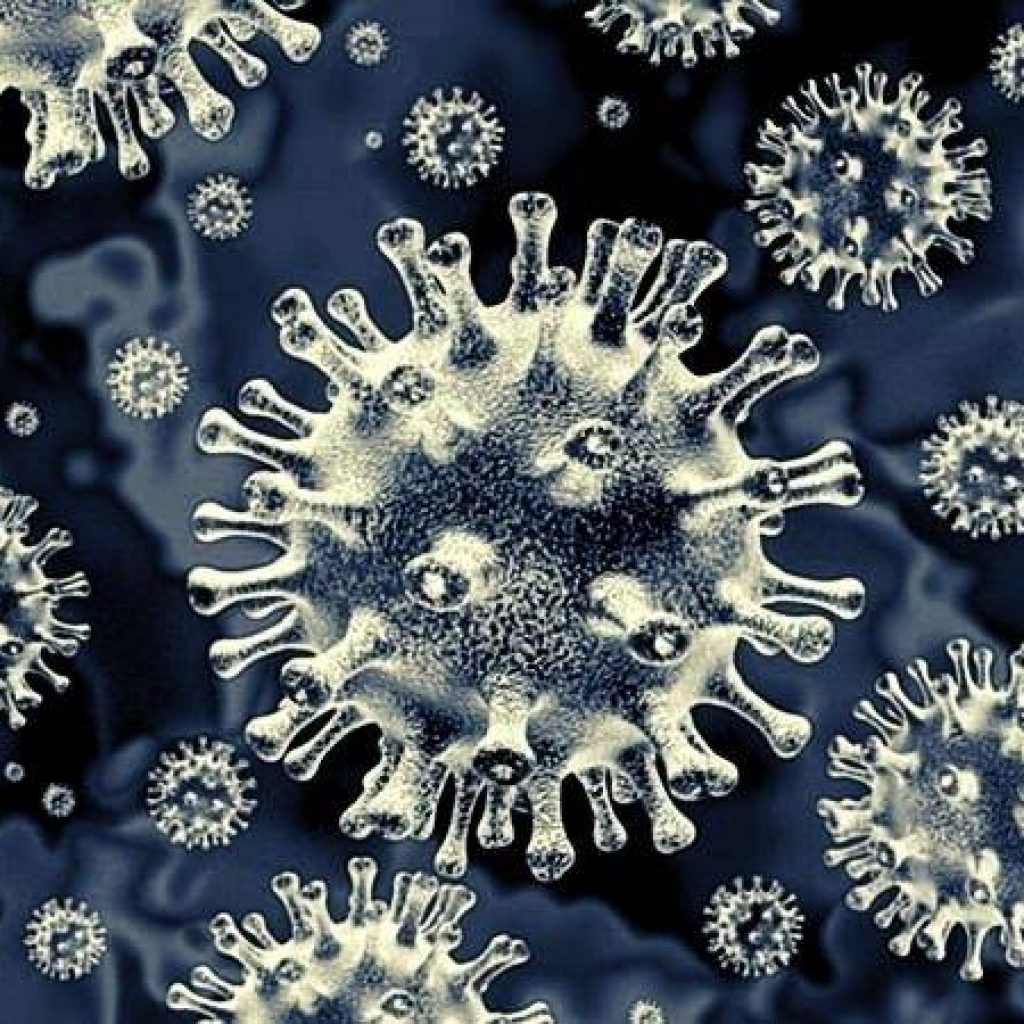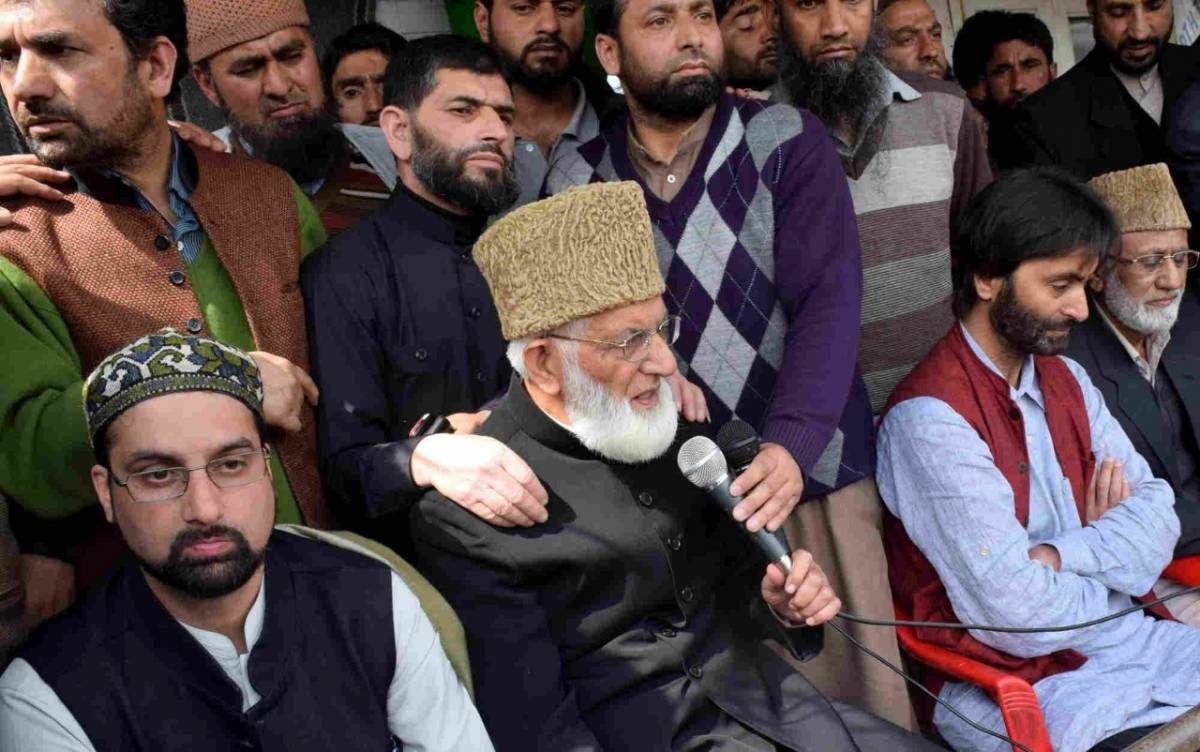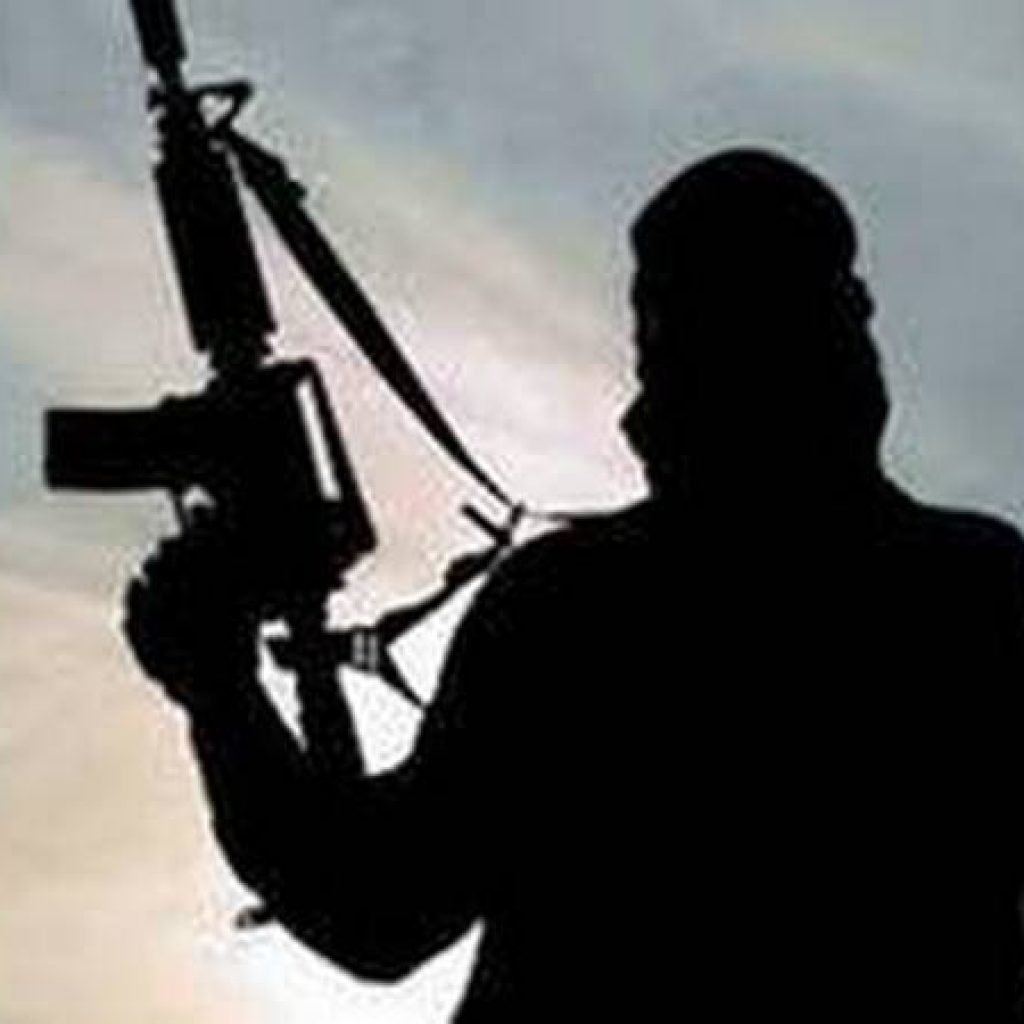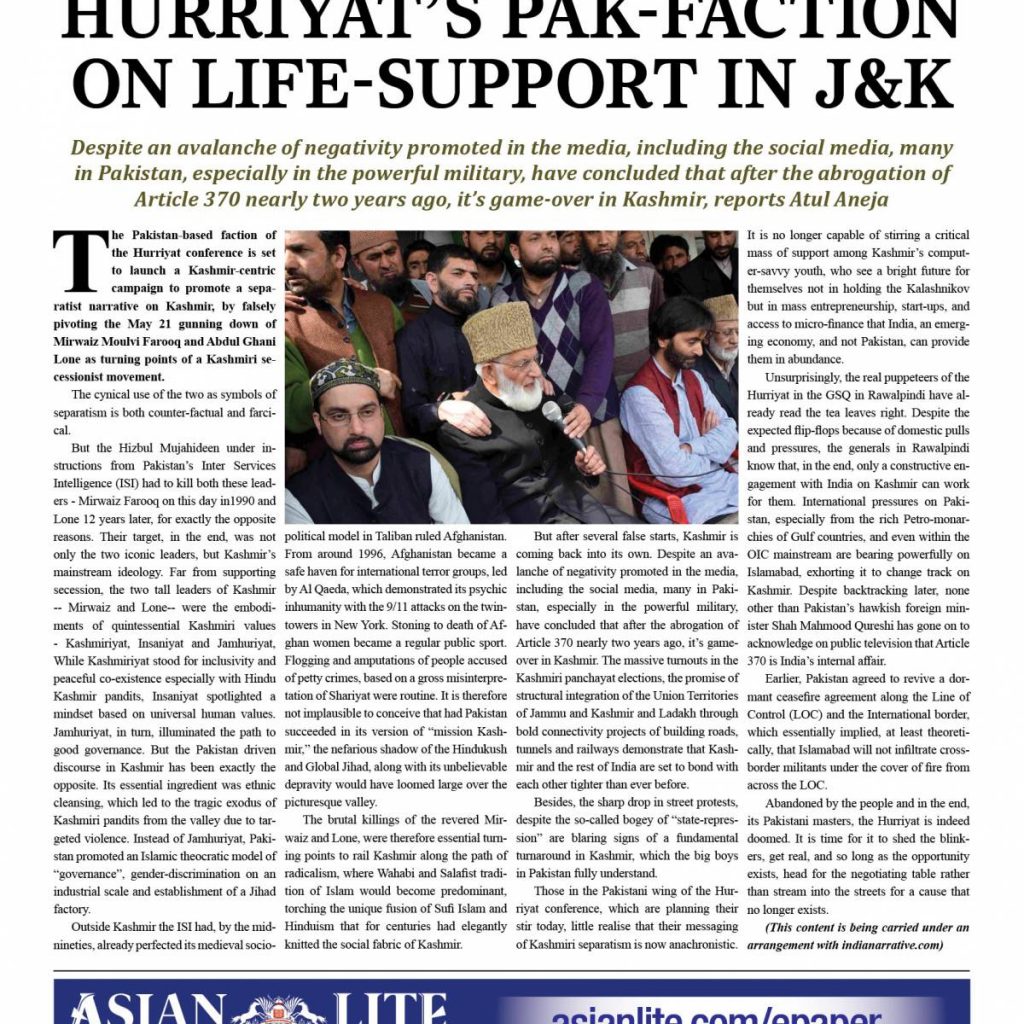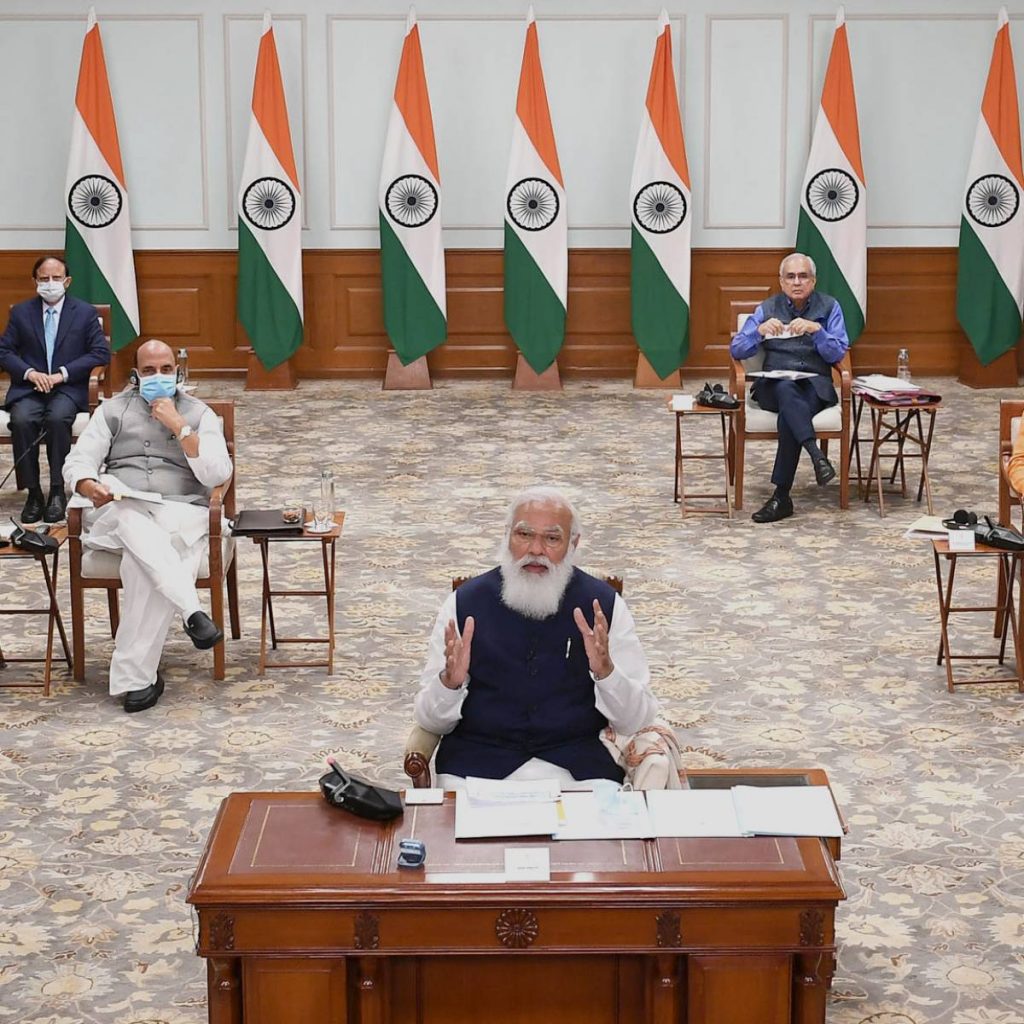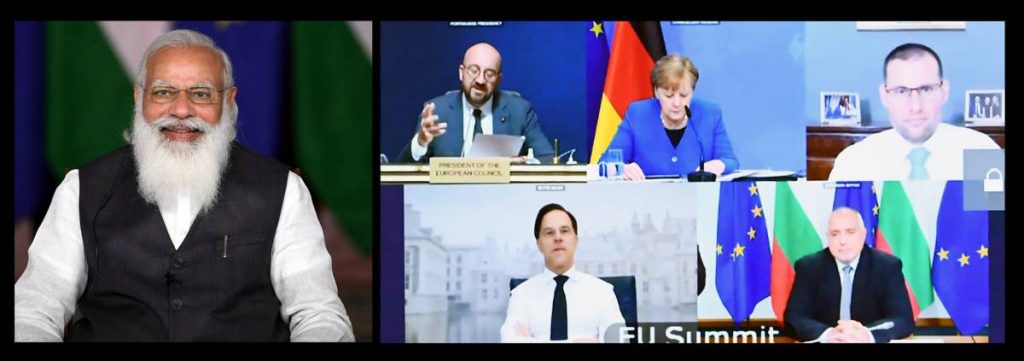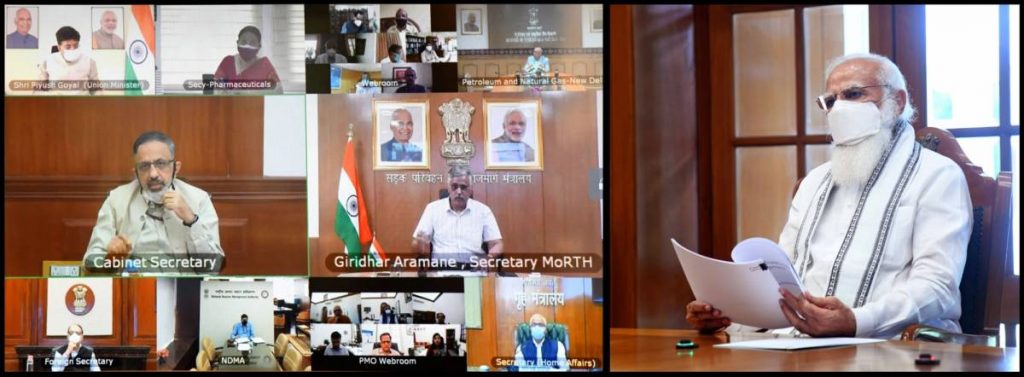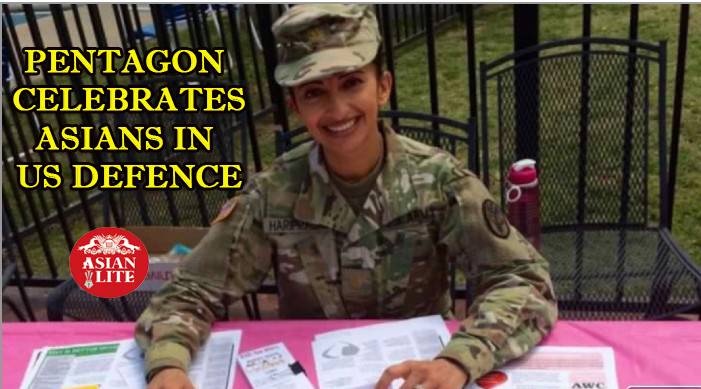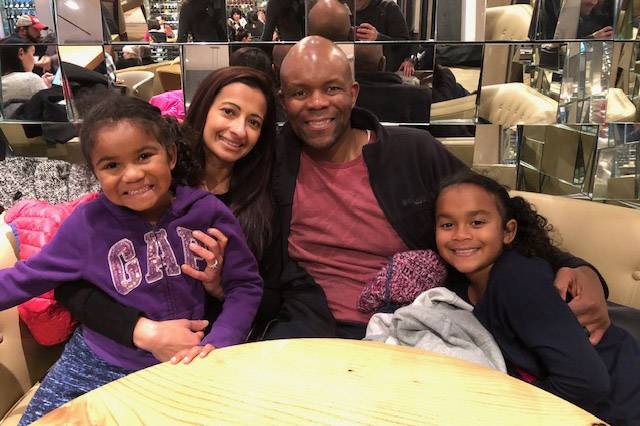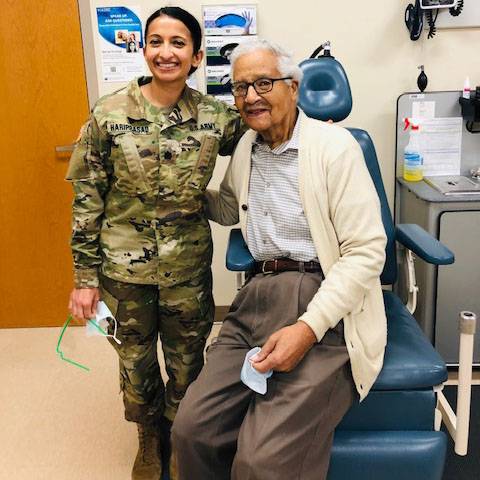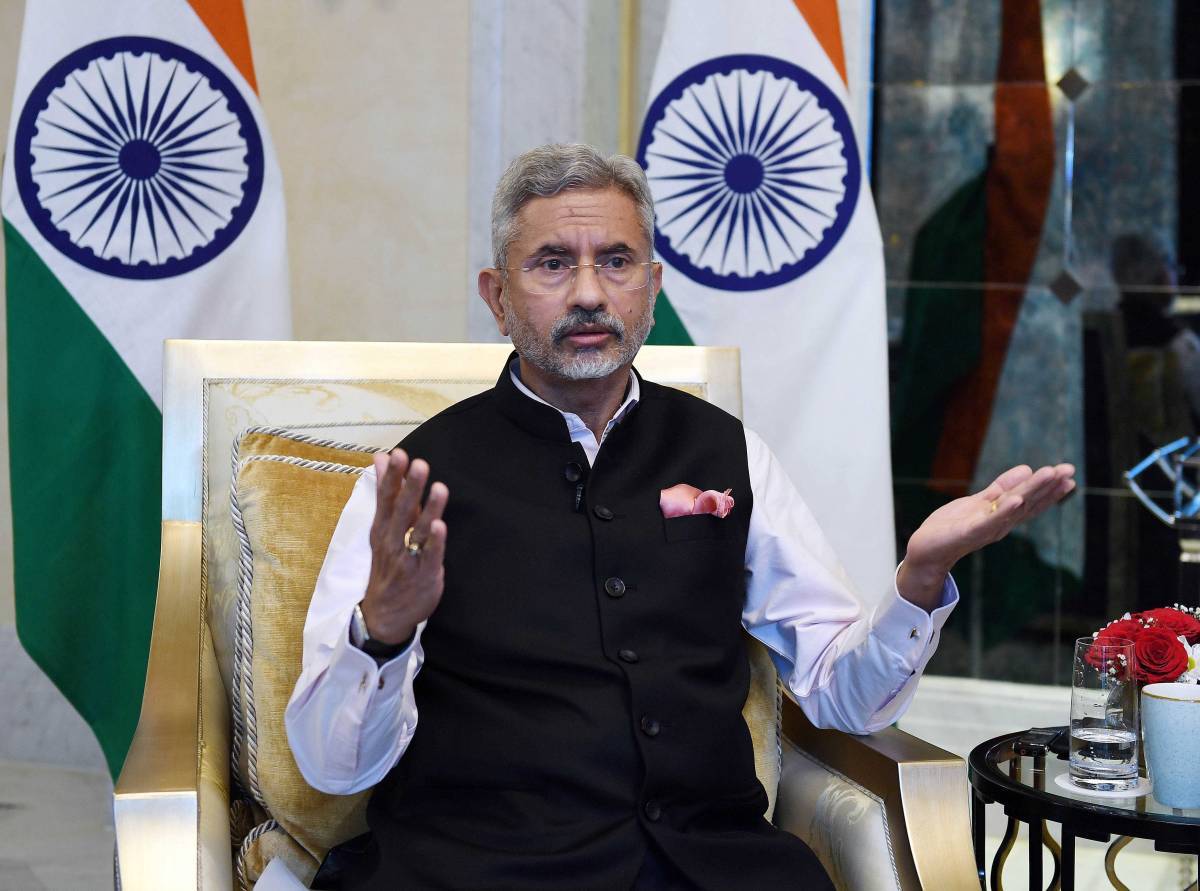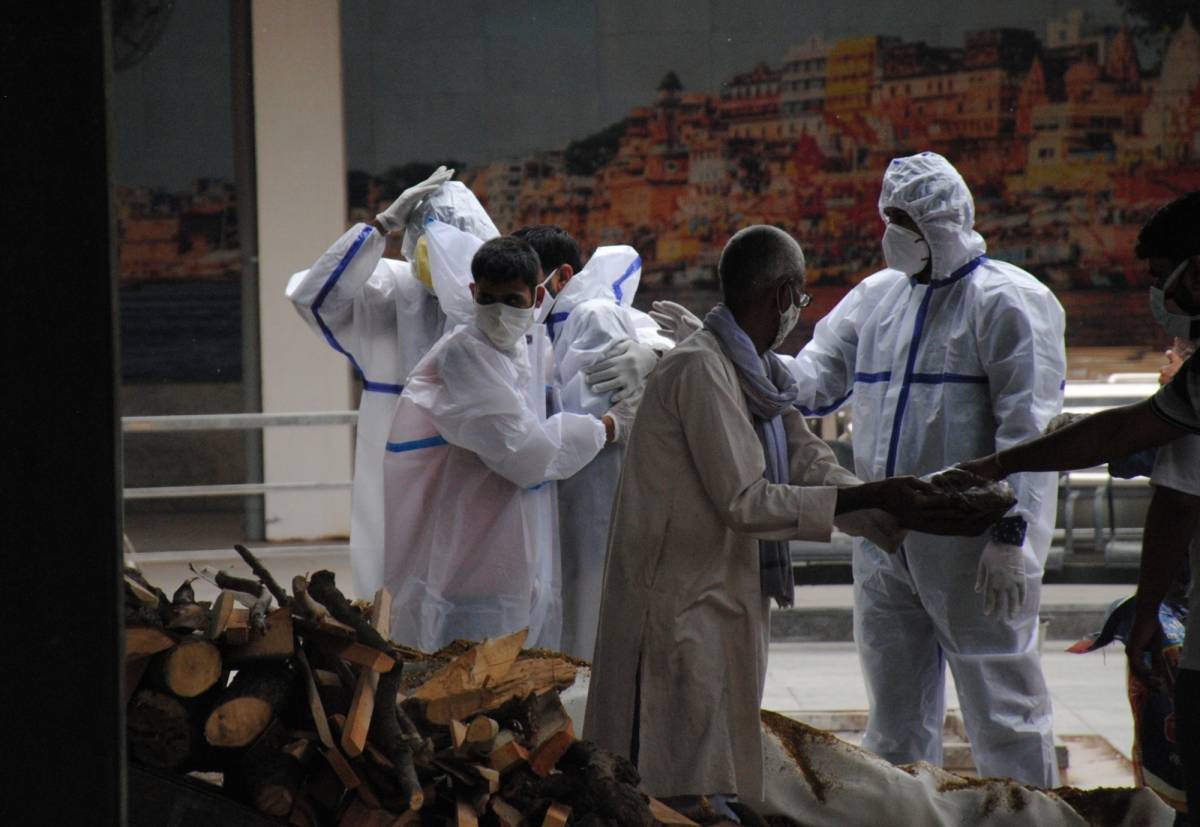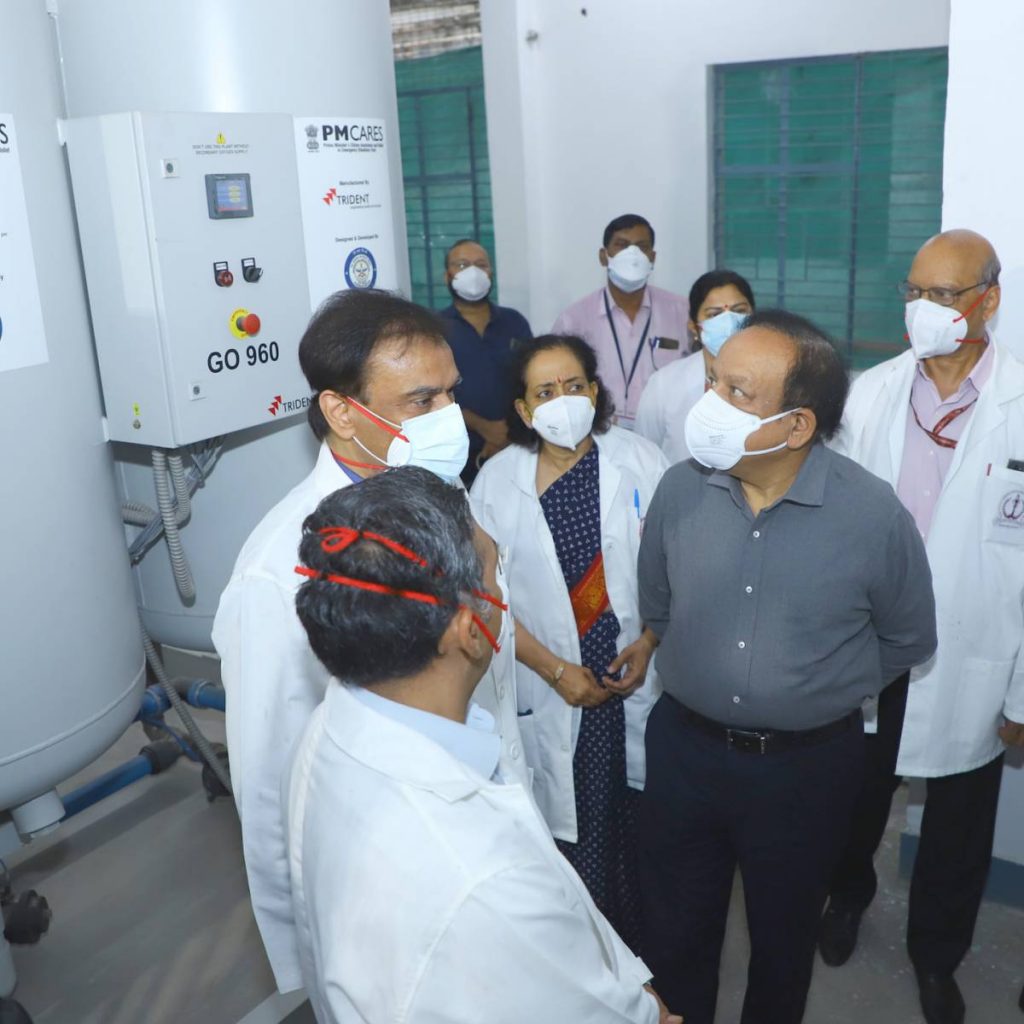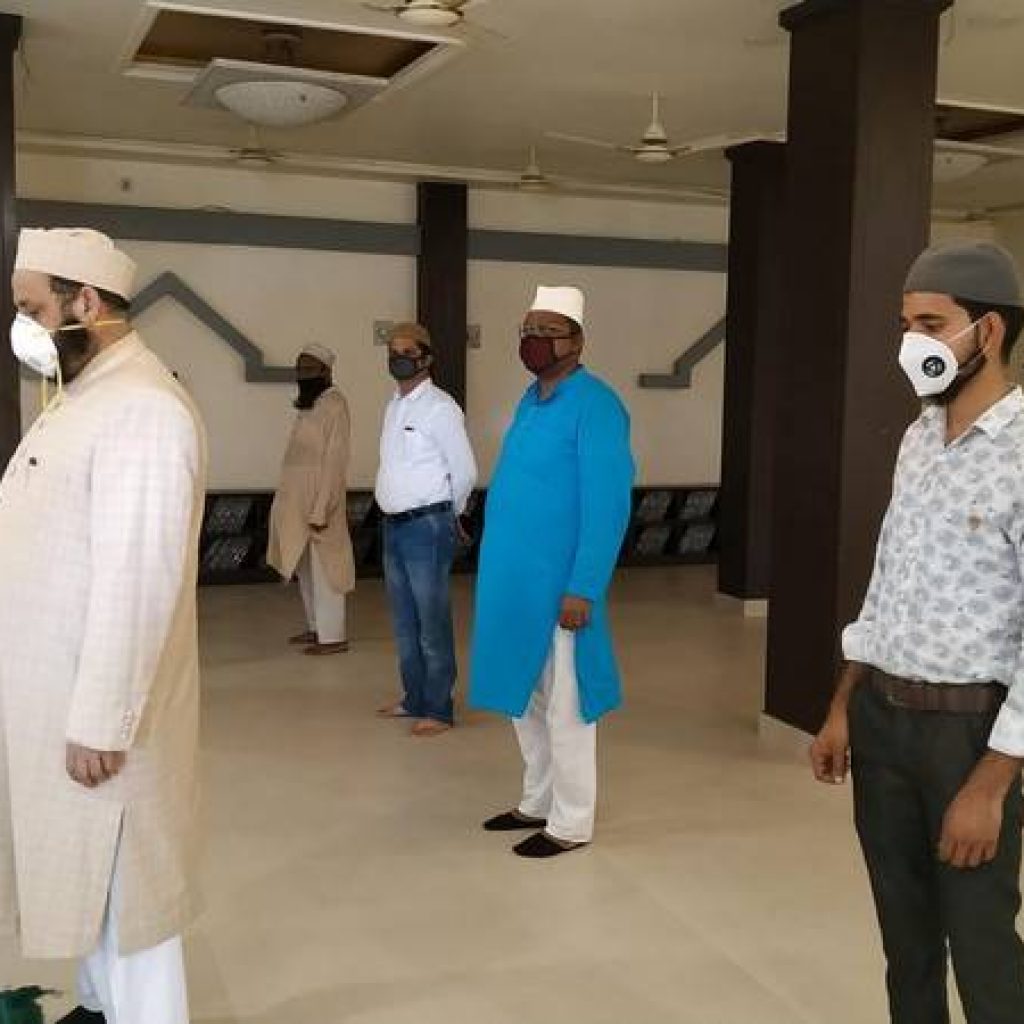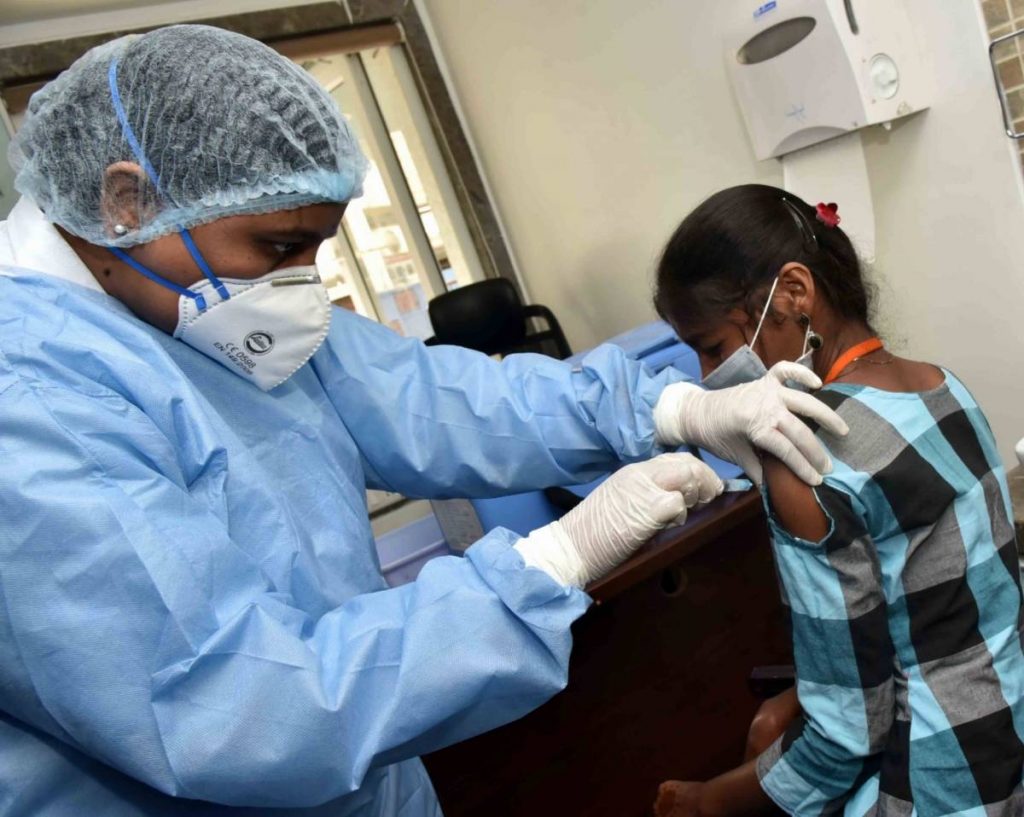Karzai said that Pakistan must know that it cannot win by force as dominating Afghanistan from the outside has never worked…reports Asian Lite News
Amid the US drawdown from Afghanistan, former president Hamid Karzai in an interview to a German publication has explained how Pakistan ‘would like’ Afghanistan to break off relations with India and exert strategic influence in the country through the Taliban.
While speaking with Der Spiegel, Karzai said the Pakistani offensive is in full swing right now and there is fighting going on.
“Pakistan actually would like Afghanistan to break off relations with India. That is impossible. If we give in to this, we would give up our sovereignty and independence. If we want to send our police or our army or our boys and girls to India for training because it is good for our country, we should do so,” the former president said.
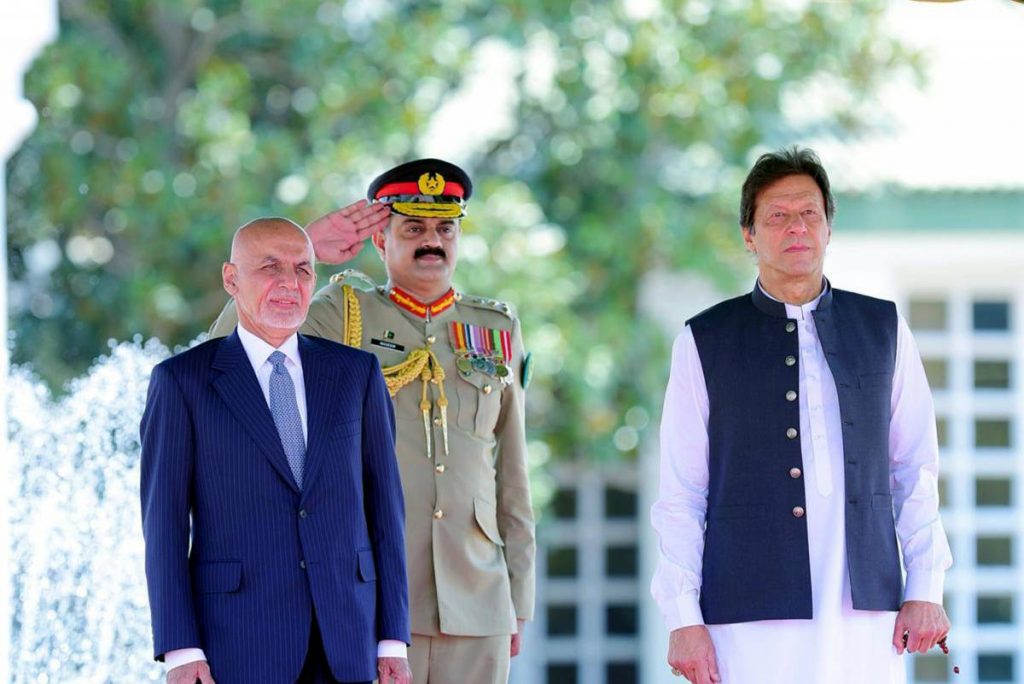
“Pakistan wants to exert strategic influence in Afghanistan through the Taliban. This traces back to fears related to the legacy of British colonial rule in the region,” he added.
Karzai said that Pakistan must know that it cannot win by force as dominating Afghanistan from the outside has never worked.
“It didn’t work for the British, it didn’t work for the Soviets, and it didn’t work for the United States, even with all of its resources. And the Pakistanis will not succeed either,” he said while asking Pakistan to be reasonable and begin a civilized relationship between our two neighbours.
ALSO READ: World Bank grants Pakistan $153mn for Covid fight
He also revealed how he realized early into my tenure as president that this war is not our conflict, and we Afghans are just being used against each other.
“After September 11, 2001, terrorist attacks in the US, Washington took the historic opportunity to pursue its global ambitions in Afghanistan. Just look at our position on the map. Afghanistan is the most strategically important place in today’s global contest for supremacy. At the same time, Pakistan started using the Taliban to further its own agenda in Afghanistan.”

Karzai hoped that the Taliban will stand up to foreign influences where necessary. “My appeal to Afghans, including the Taliban, is that we come together and finally take our fate into our own hands against all foreign powers.”
Afghanistan has seen a spike in the incidents of violence in recent weeks, leading to casualties of Afghan security forces and civilians. US withdrawal is underway and set to complete by September 11.
According to a report, heavy clashes is continuing in the five provinces including Baghlan, Helmand, Kunduz, Kandahar and Laghman, over the last few weeks. (ANI)
ALSO READ: Pakistan’s strategic shift in Afghanistan’s post-American phase

